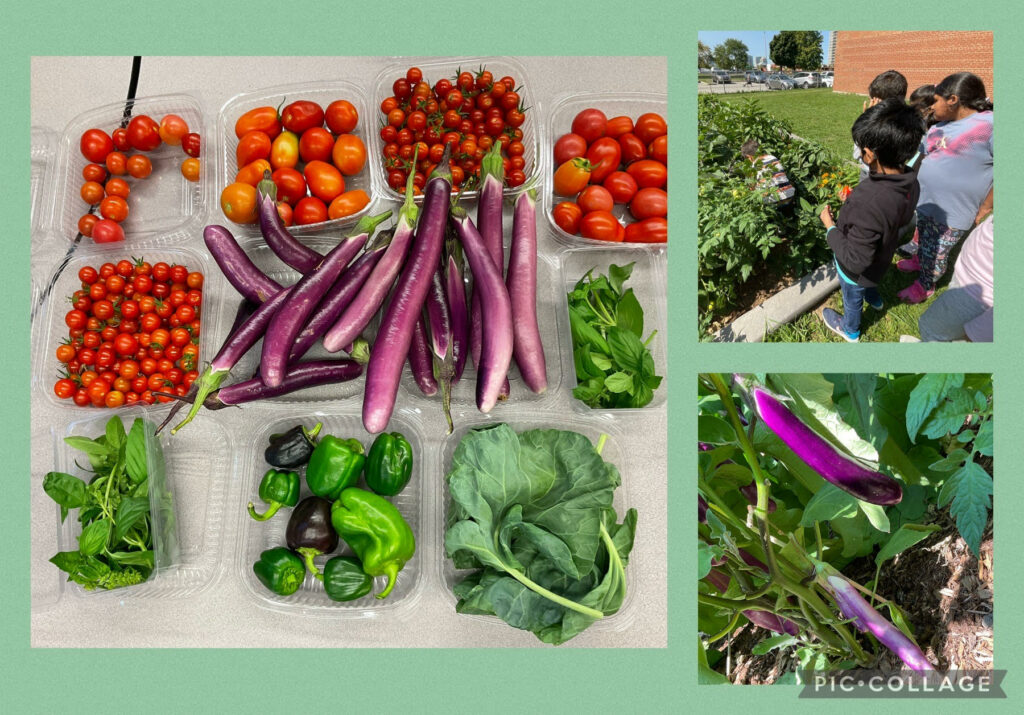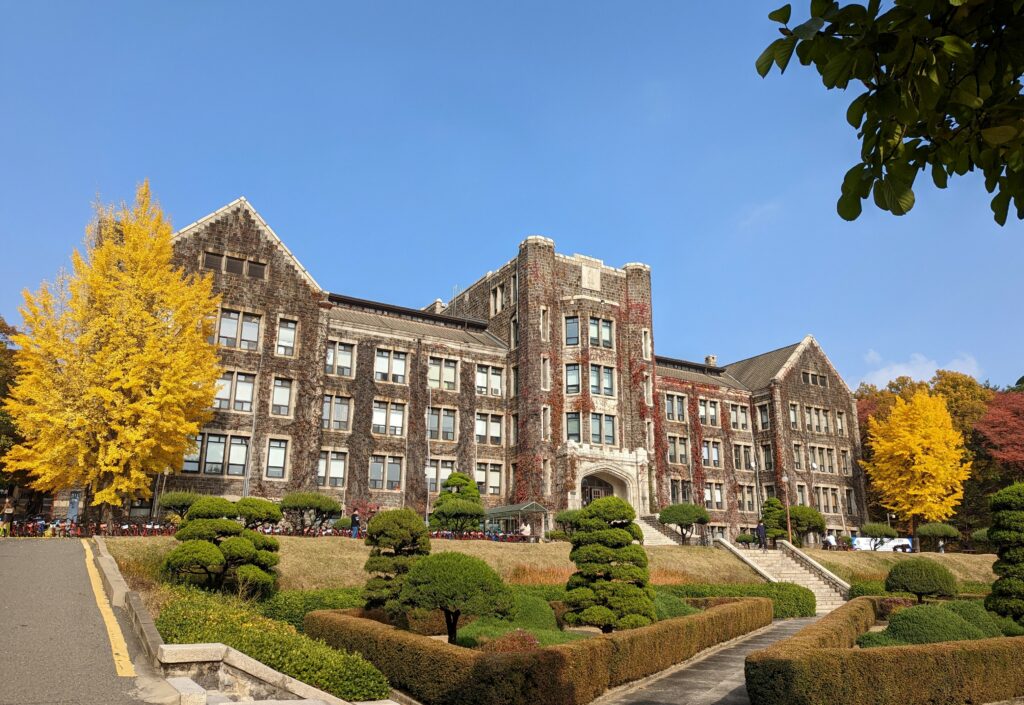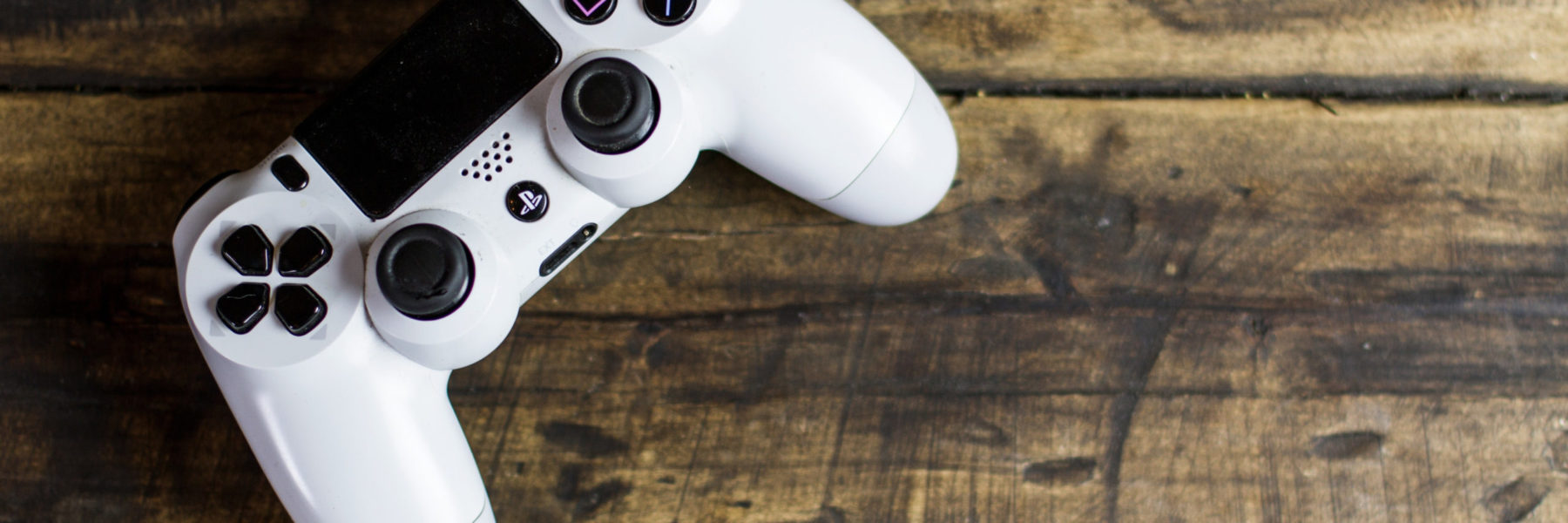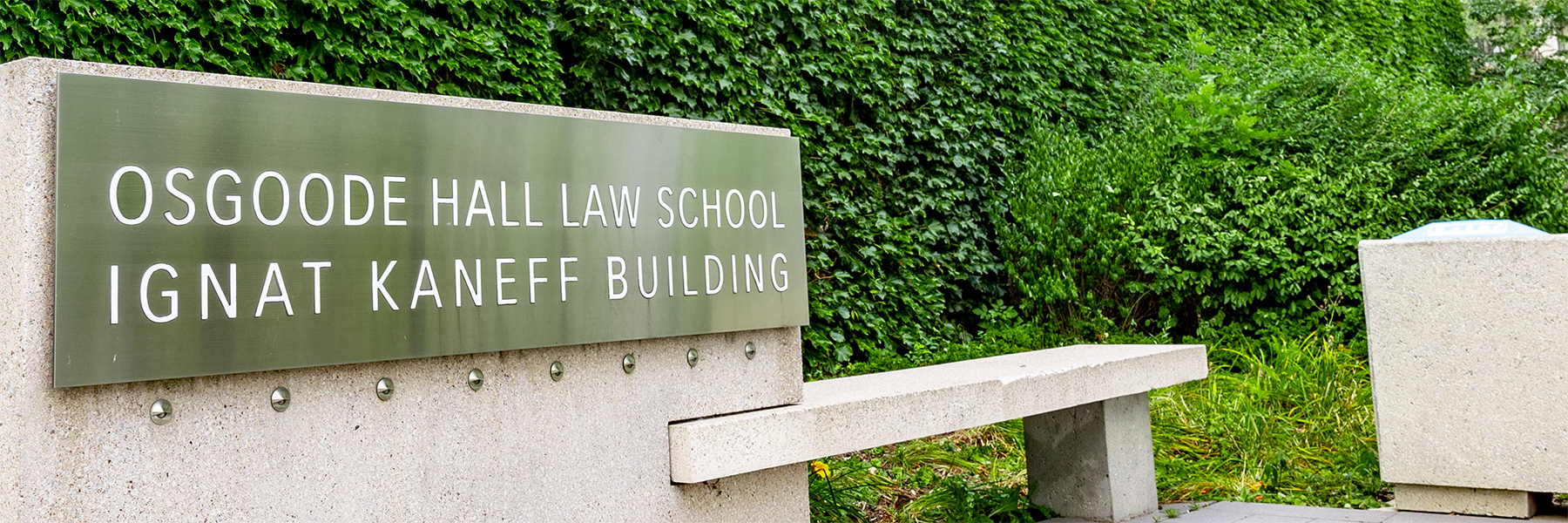By Angela Ward
Courses in the Department of Science, Technology & Society (STS) have always been popular among science and non-science students. Now STS is offering a more diverse roster of courses and major and minor options, opening the world of science to more students from other disciplines.
One of the newest courses, Science, Technology and Racial Social Justice (STS 2333), was created last year, with the first course to be offered in the Winter 2024 term. The course was built following York’s University Academic Plan (UAP), the Faculty of Science strategic plan and an equity, diversity and inclusivity (EDI) curriculum, which is an important part of the STS program.
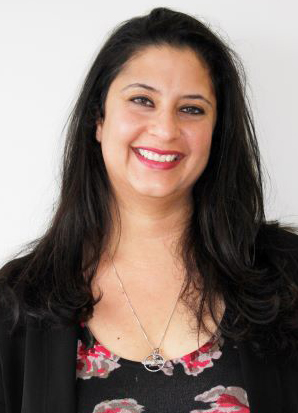
“We are such a uniquely situated department, with an opportunity to speak about the relationships between science, technology and society in the Faculty of Science,” said Chair of the Department of STS Vera Pavri. “We’re also the only program in Canada housed in a science Faculty able to do so.”
There has been growing enthusiasm for this type of STS program because it’s not only accessible to both science and non-science students, but it also tackles critical social issues, including themes of ethics, sustainability and EDI, among other topics. There are two EDI courses currently offered: Exploring Gender in Science, Technology, Engineering and Mathematics (STEM), and Science, Technology and Racial Social Justice (STS 2222 and STS 2333). Both courses highlight EDI, science and technology content to science and non-science majors. Covering topics such as EDI in science enhances a student’s learning experience, especially for science students unfamiliar with these topics.
“Students studying science might be interested in these issues but might not have had the opportunity to explore them before,” Pavri noted. “Now they can minor or even major in STS and be exposed to this type of curriculum, so it’s exciting.”
A part of the program reform was to offer interesting content that would be relevant to students’ degrees. While STS courses are pertinent to science students, they are also advantageous to students in other disciplines from the Faculty of Liberal Arts & Professional Studies and the School of the Arts, Media, Performance & Design, who are studying in science- or technology-related fields. The STS program helps students distinguish their degrees.
“Rather than graduating with just a degree in science, students are enhancing their critical thinking and communication skills, which are highly valued by employers. STS courses such as Introduction to Science, Technology and Society (STS 1411) also provide important content and experiential education opportunities,” said Pavri.
Introduction to Science, Technology and Society shows students the reasons why STS matters, before introducing them to the theories of STS. In reforming the program, one of the department’s main goals was to help its students see the connection of STS to their real-life activities. This relevance is also emphasized through the STS website and in promotional materials, highlighting the different study and career pathways students can take.
The STS program also allows for a uniquely tailored learning experience. A student can combine their minor with another discipline or switch to a major in STS. In this way, the program is also a great pathway for individuals without a background in science or technology, who may be hesitant to explore scientific and technological issues. Bringing together non-STEM and STEM students creates “a diverse and interesting classroom in which people can draw on knowledge – not just from the professors but from each other,” Pavri said.
The Division of Natural Science, housed within the Department of STS, but distinct from the STS program, allows non-science students to explore the sciences. Their first field course, Plants in the City (NATS 1665) will be offered in Summer 2023 term, and will provide students with an experiential education opportunity as they discover urban ecosystems at York.
“Plants in the City is intended to help reduce plant blindness. We’re moving around in a green world and yet people on average can identify far fewer organisms, particularly plants, than in previous generations,” said Robin Marushia, the creator of the course and an assistant professor (teaching stream) in the Division of Natural Science. She adds there is also a strong need among city dwellers to know more about ecology.
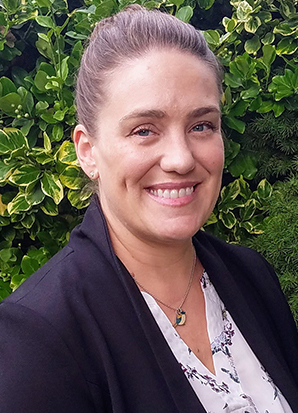
Marushia said, “The Keele Campus offers opportunities in identifying common plant species, looking at different types of ecosystems and learning about the ecosystem functions, which green spaces provide in urban landscapes.” Like STS, natural science also aims to increase public knowledge about science, creating more active and engaged citizens.
The STS program furthers the study of science with many career possibilities. Individuals interested in computer or program design taking STS courses will become more aware of issues such as persuasive technologies or technology addiction. For those interested in pursuing government or public health, this program also helps in understanding topics like policy frameworks, pharmaceutical regulation and consulting. Non-traditional pathways, such as social and green entrepreneurship are emerging as well.
“As an example, a biology student who wants to get into medical school can distinguish their degree by minoring in STS. In interviews with universities, this gives them an opportunity to speak about the communication skills they’ve developed,” said Pavri. “Their ability to communicate with individuals who are skeptical or afraid of science is especially important in a post-COVID world.”
In fact, addressing anti-science movements was another aim of the STS program. STS courses educate students about misinformation and disinformation surrounding issues in science and technology, whether it be related to vaccines, climate change or artificial intelligence. Pavri thinks of STS students as “future ambassadors, equipped to educate others about why so much misinformation exists while tackling distrust of science through strategic communications, aimed at understanding and engaging with these audiences.”
With the backlash against the scientific community, especially during the COVID-19 pandemic, it has been noted in the STEM field that sharing only the facts and relevant data is not enough. Data can be misconstrued or manipulated, but strategic communications help those in STEM understand these communities so that they can provide more effective and impactful awareness of science.
Being the only STS program in Canada to offer a major or a minor in the Faculty of Science, it is also distinct in that it focuses on three core areas: seeing science and technology in action; standing for science; and learning about science, technology and social justice.
“One of the elements of our program that appeals to students is that an STS degree allows them to better communicate the real-life impact and social repercussions that science and technology have on groups in society,” said Parvri. “We also talk about the idea of standing up for science and how an STS degree helps students understand anti-STEM movements. Finally, we have a focus on EDI, which offers students the opportunity to examine EDI in a unique way through explorations of past and present issues, and local, national and international controversies in science and technology.”








